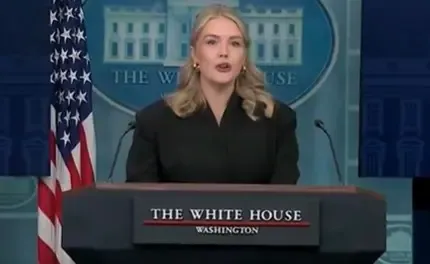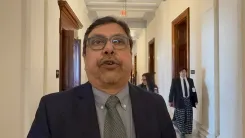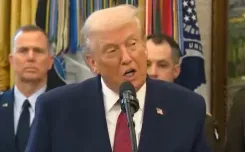It’s Convenient to Blame Intelligence Agencies for Political Gains: Ex-Colonel Critiques Owaisi's Statements

Synopsis
Key Takeaways
- Blame towards intelligence agencies often serves political ends.
- The Pahalgam attack resulted in a significant civilian death toll.
- Intelligence operations are conducted under challenging conditions.
- Unity and support are crucial in times of national tragedy.
- Evidence of cross-border involvement in the Pahalgam attack has been identified.
Lucknow, April 23 (NationPress) In response to the remarks made by AIMIM president Asaduddin Owaisi regarding the Pahalgam terror incident, Ex-Colonel Anoop Singh strongly condemned the political leader for attributing blame to intelligence agencies. He noted that such statements are frequently utilized to advance political objectives.
Owaisi characterized the attack, which resulted in the deaths of 26 civilians, as more tragic and reprehensible than the events in Uri and Pulwama, holding the Narendra Modi government responsible for what he termed a significant intelligence failure.
In a statement to IANS, Singh remarked, “It’s simple for political leaders to challenge the credibility of intelligence agencies. They often express such views to promote their political agendas, without grasping the difficulties our forces encounter.”
He added, “It’s inappropriate to comment on intelligence matters without comprehensive understanding. These agencies operate under extremely challenging circumstances. It’s unjust to hastily blame them or the government. The emphasis should be on solidarity and support, not accusations.”
Referring to the incident as a national tragedy, Singh stated, “This is a significant loss, particularly for the victims' families. It’s emotionally devastating for them, the J&K government, and the security forces. What’s crucial now is our response. As a military officer, I avoid making communal statements -- we’re trained to transcend such divisions.”
Expressing confidence in the nation’s resilience, Singh asserted, “India is a diverse nation, robust in its unity. Whether it’s music, language, or culture, we stand united. The events in Pahalgam are heart-wrenching, and the entire nation shares that sorrow.”
When asked about peace in Jammu and Kashmir following the abrogation of Article 370, he noted, “Examine the tourism statistics and the elections conducted since then. The situation is being managed effectively, and the populace trusts the government. That alone is evidence of progress and tranquility.”
In related news, security forces have identified three suspects -- Asif Fuji, Suleman Shah, and Abu Talha -- believed to be linked to The Resistance Front (TRF), a faction of the banned Lashkar-e-Taiba. The assailants were reportedly Pakistani nationals, supported by local accomplices. They utilized military-grade weaponry, body cameras, and sophisticated communication tools.
Digital traces leading to Muzaffarabad and Karachi further indicate cross-border participation. A large-scale anti-terror operation is currently in progress, with helicopters deployed to locate the perpetrators hiding in the nearby forests.










